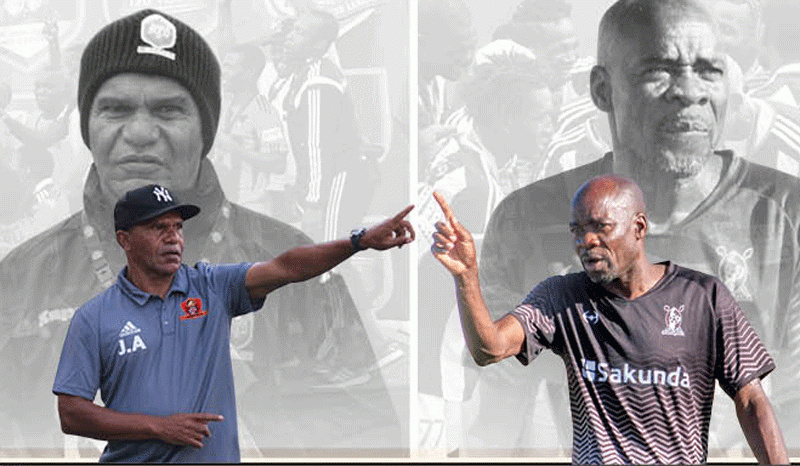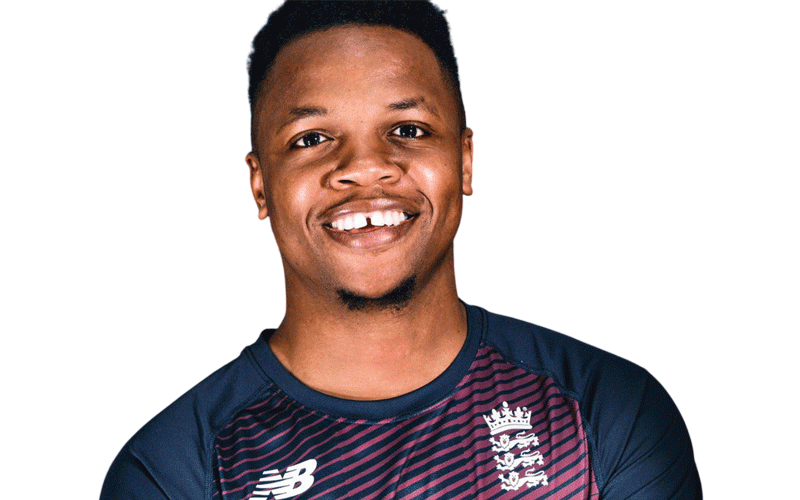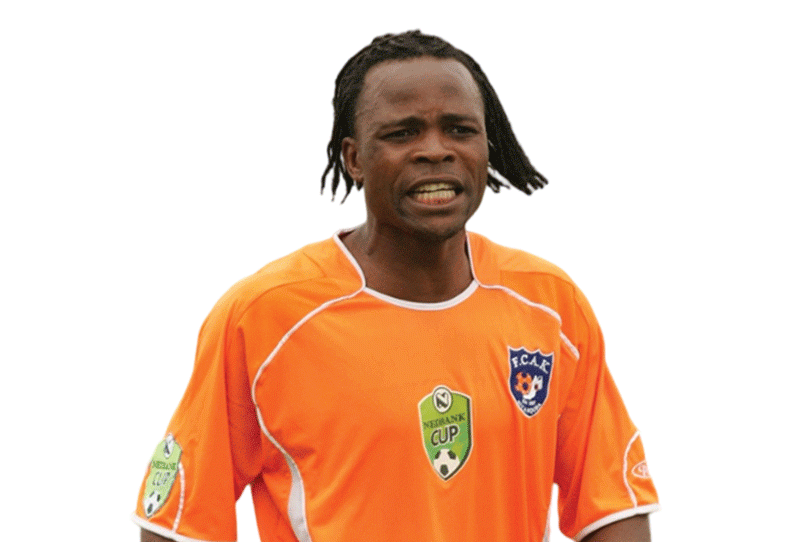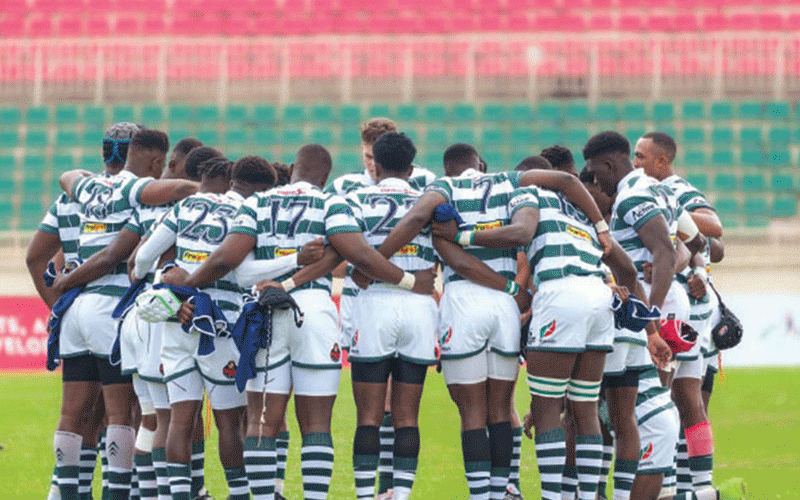
BY TIM MIDDLETON
THERE have been many examples of epic and classic sports matches where the result has not been assured until the final second. The European Champions League victory by Manchester United over Bayern Munich in 1999 is one such example where Manchester United scored two goals in injury time to overturn the one goal deficit. The excitement in that game, even more so for being the Final, was electric. The victory by Manchester City over QPR in 2012 with two goals also being scored in injury time of the final match of the season, which brought them the English Premier League title is another. It was an explosive end to an exhilarating match that ebbed to and fro, with the lead being exchanged several times. Both those matches ended with a bang, to say the least!
It would be difficult to find a greater example of a golf match ending with a bang than the 1969 Ryder Cup match between the United States and Great Britain which went to the final putt on the final hole of the final match. In that final match on the final green, the American Jack Nicklaus holed out for a par four and his opponent Tony Jacklin was left with a two foot putt to halve the match and indeed the whole team contest. Anyone facing a two foot putt would casually knock the putt in very easily but suddenly in the context of the match-equalling putt (when the British side had not won the trophy for years) the pressure on him was massive. Yet, what happened next was extraordinary: Nicklaus picked up Jacklin’s ball to show that he “gave” him the putt, which meant that they had indeed halved the game and drawn the match. What greater climax could there have been? What bigger bang could have been witnessed? Yet some argue that it ended with a whimper.
TS Eliot may not have been a sportsman but he was an acclaimed poet and one of his most well-known poems, entitled The Hollow Men published in 1925, ended with the lines, “This is the way the world ends, not with a bang but a whimper.” It described a desolate world populated by empty, defeated people which fizzled out into nothing, a desperate, pathetic anti-climax. In that sense, it could well have described many a sporting fixture at school.
A fixture could be said to end not with a bang but with a whimper when the victory is assured at a very early stage, when the match is so one-sided that it leaves no interest or even pleasure for either side or even a neutral spectator. A team may win a rugby match by one hundred points but it would be a hollow victory — what pleasure would be gained from it? Another team may win their hockey match when their opponents had players sent off or crucial players injured seriously during the match — such again would be a hollow victory. The result would only be a whimper. Winning by huge margin does not do winners or losers or sport any good; winning by unfair means also renders any victory meaningless and hollow, empty.
One writer has argued that, “It is better not to win than win at the expense of the opponent’s humiliation; better an honourable draw than a victory with a sour aftertaste”. Such was clearly Nicklaus’s view of sport in the incident referred to above, when he later explained that, “I don’t believe you would have missed that but I’d never give you the opportunity in these circumstances.” The writer above went on to describe the event by saying that, “Victory could be rendered hollow if it caused the vanquished opponent too much hurt, crushing hurt”. Do we see that in school sport?
The point is that Nicklaus saw the bigger picture of sport; he saw where sport fits in the wider world. The fact is sporting success does not count for a great deal in the context of life as a whole. A match is not about the coach’s career; it is not about a child’s career, be it a sporting or wider career. A match is about that sport and indeed sport in general, as a whole, but we have to grasp that it is much more than that; it is about life as a whole. Sport does not end at the final whistle.
If we do not understand that or indeed live by that, then we simply are careering downhill; we are no more than the hollow, empty, stuffed men fading out gradually with a whimper. Do we care how the victory is gained or how it affects the vanquished? Do we see the bigger picture of sport? Sport itself will die, not with a bang, but a whimper, if we do not. “Bang, bang, you’re dead!”
- Chamisa under fire over US$120K donation
- Mavhunga puts DeMbare into Chibuku quarterfinals
- Pension funds bet on Cabora Bassa oilfields
- Councils defy govt fire tender directive
Keep Reading
- Tim Middleton is a former international hockey player and headmaster, currently serving as the Executive Director of the Association of Trust Schools Email: [email protected]











